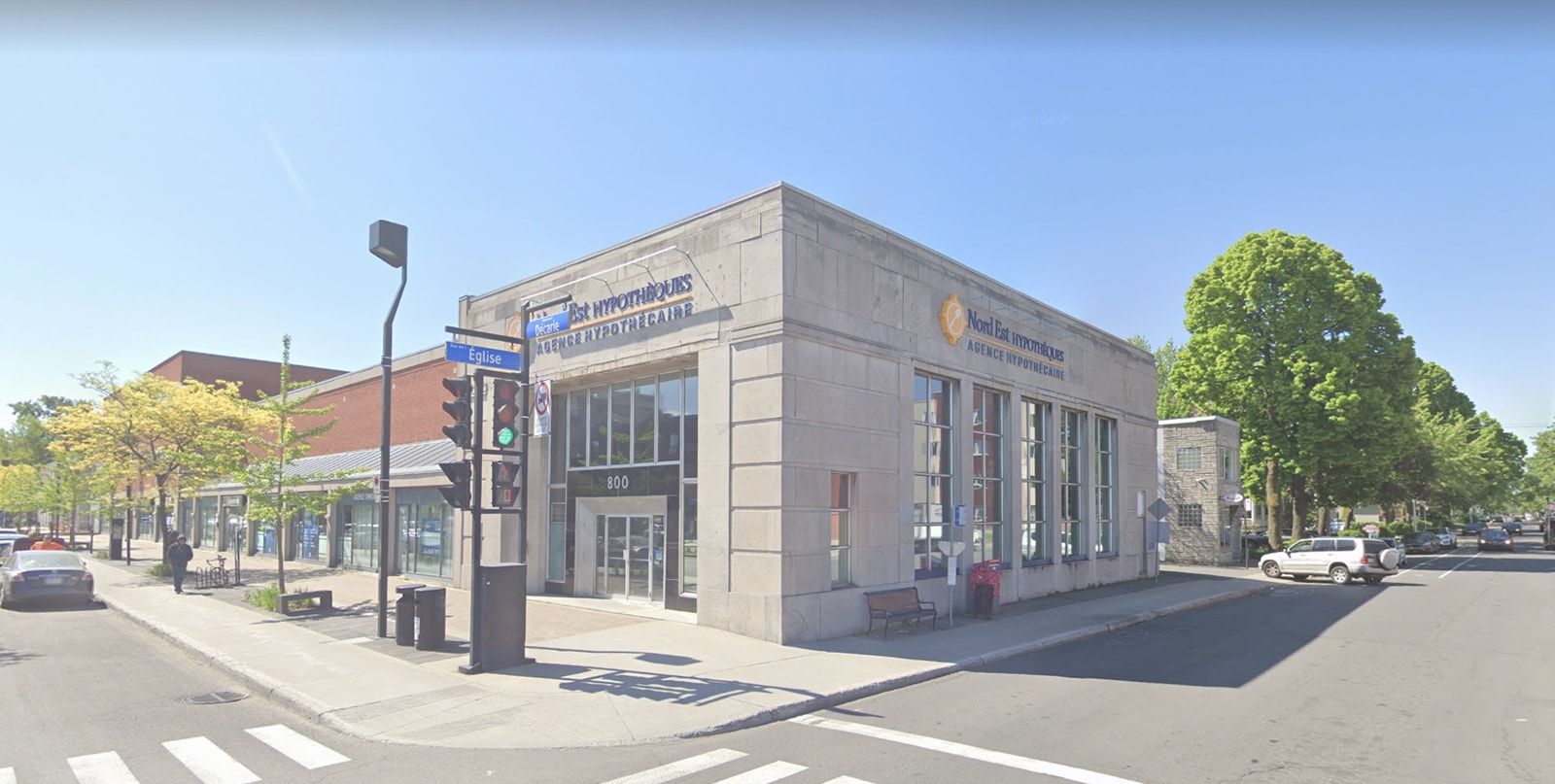With the ever-increasing cost of living, numerous Quebec residents face financial difficulties. Homeowners, however, possess a potential solution in their grasp: utilizing their home equity to reorganize their debts and boost their monthly cash flow. In this blog post, we delve into how homeowners in Quebec can employ their home equity to merge debts, lower interest rates, and ultimately create more financial flexibility.
Grasping the Concept of Home Equity
Home equity is the difference between your property’s market value and the outstanding mortgage balance. As you repay your mortgage and your property’s value appreciates, your equity grows. This untouched financial asset can be accessed via a home equity loan or a home equity line of credit (HELOC), enabling you to borrow funds against the equity accumulated in your home.
Combining Debts with Home Equity
An effective method for restructuring debts and enhancing monthly cash flow is consolidating high-interest debt—such as credit card balances, personal loans, or car loans—into a single, lower-interest loan or line of credit, backed by your home equity. This approach offers several benefits:
- Reduced interest rates: Home equity loans and lines of credit typically feature lower interest rates than unsecured debts. Consolidating your high-interest debts into a single loan or line of credit can lead to substantial savings on interest payments.
- Streamlined payments: Handling multiple debt payments with varying interest rates and due dates can be daunting. Merging your debts into a single loan or line of credit simplifies your monthly payments, helping you maintain control of your finances.
- Enhanced cash flow: Consolidating high-interest debt into a lower-interest home equity loan or line of credit can decrease your monthly debt payments, freeing up more cash for other expenditures or savings objectives.
- Tax benefits: In some instances, the interest paid on a home equity loan or line of credit used for debt consolidation may be tax-deductible. Consult a tax professional to determine if this applies to your particular situation.
Key Factors for Quebec Homeowners
While leveraging home equity to consolidate debt can be a financially prudent decision, it’s crucial to consider potential drawbacks and risks. Here are a few aspects to bear in mind:
- Borrowing against your property: By utilizing your home equity to secure a loan or line of credit, you risk losing your home if you default on your payments. Make sure you can comfortably manage the new monthly payments before proceeding with debt consolidation.
- Extended repayment terms: Home equity loans and lines of credit often come with longer repayment terms than other debt forms. While this can reduce your monthly payments, it could also result in paying more interest over the loan’s duration.
- The risk of overspending: Access to extra funds through a home equity loan or line of credit can be enticing. Exercise caution to avoid accumulating new debt or overspending, which could negate the advantages of debt consolidation.
Using home equity to restructure debts can be a potent instrument for augmenting monthly cash flow in Quebec. By merging high-interest debts into a single, lower-interest loan or line of credit, you can save on interest payments, streamline your finances, and create more wiggle room in your budget. However, it’s essential to thoroughly assess potential risks and ensure you can manage the new loan payments before capitalizing on your home equity for debt consolidation.


